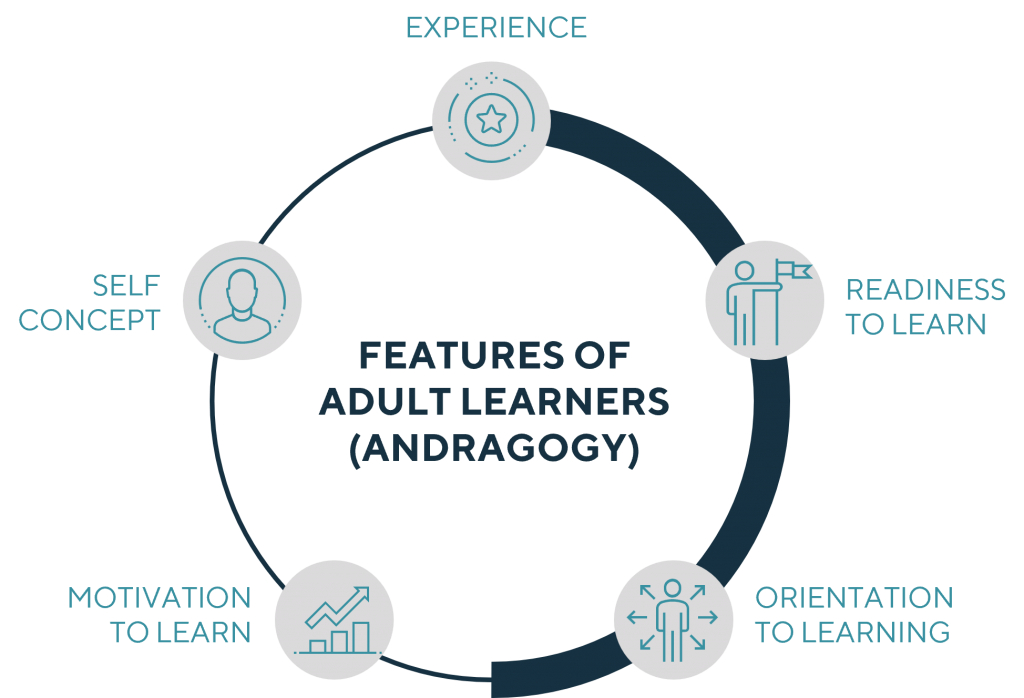The challenge of learning engagement in an increasingly less attentive world: theory and advice to engage your team.
In the digital age attention is now an even rarer and more valuable commodity, all the more so when it comes to training. In fact, knowing how to create an effective learning engagement experience is one of the biggest challenges faced by HR managers. The attention span of employees, often due to their busy schedules and hectic days, is limited and unengaging training courses often suffer. Training managers must design strategies to successfully integrate training into employees’ workflow.
What are the most important factors for learning engagement?
Many factors can influence a professional’s learning engagement and it’s important to assess them all. They include: course structure, training method, trainer’s worth, course length and speed, platform user experience and accessibility (for instance, if the lessons can also be attended online).To understand how to best set up a training course, understanding what influences the interest of professionals is not enough, it is just as important to understand how learning mechanisms work in adults.
Let’s find out how adults learn
To explain adult learning mechanisms, Malcolm Knowles developed a study in the 1980s called “When the adult learns pedagogy and andragogy”1. In his text, Knowles identifies a number of fundamental learning factors in adults:
- Adults need to know why they must learn something (motivation to learn) and should have a certain amount of responsibility when deciding to attend a course (self concept).
- They must learn through experience and problem solving.
- They must gain immediate advantage (orientation to learning) and value from what they learn (readiness to learn).

“When adults learn pedagogy and andragogy” by Malcom Knowles
Simply put, adult learning must focus on processes, tasks to be done, usefulness for the job, and immediate benefits.
How to ensure high learning engagement
After understanding what an adult learner needs to assimilate, it’s time to figure out what to do to achieve this. Let’s see some points that every HR manager should keep in mind:
- Clarify the learning objectives: as mentioned above, learning objectives are crucial. People need to know why they must learn a certain subject. It’s therefore important to explain these reasons from the beginning and to reiterate these as the lessons progress.
- Build a solid and simple course structure: plenty of opportunities for reflection and involvement need to be provided throughout the course so that professionals can bring essential information home. Some useful techniques are case studies, quizzes and storytelling, trying to create emotions and situations students can identify with. Furthermore, the course must be user-friendly, simple to navigate and understand.
- Connect with the audience: you need to speak to the target audience directly, using simple, conversational and direct language. A great way to do this is to use different media such as images, gifs, videos and audio, or by creating a gamification experience, imitating a game environment.
- End with a “bang”: training elements that will be most remembered are those outlined at the end. It is therefore important to understand the essential notions the learner must acquire and highlight these in the course’s crucial points.
Maximise the learning engagement experience to win the training challenge
Keeping learning engagement high for a busy professional is a challenge every HR manager should meet. With a proper strategy this result can be achieved and a satisfying and profitable learning experience for both the company and the employee can be met.
Next steps
To initiate an effective learning engagement strategy, download our virtual training tip sheet, full of advice to keep your online training at its best!
Do not forget to contact us for any kind of questions or to get more information about the topic.
References
1 Malcolm Knowles (1980s). When the adult learns pedagogy and andragogy.


